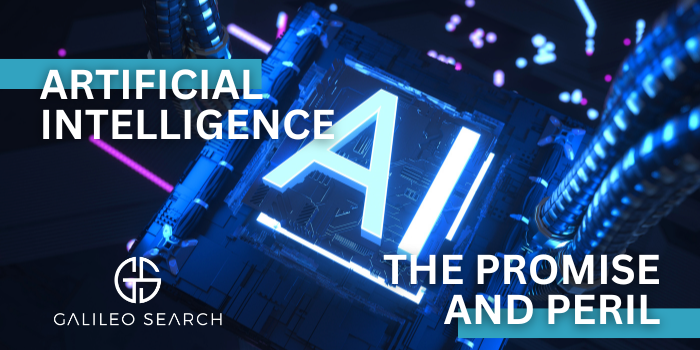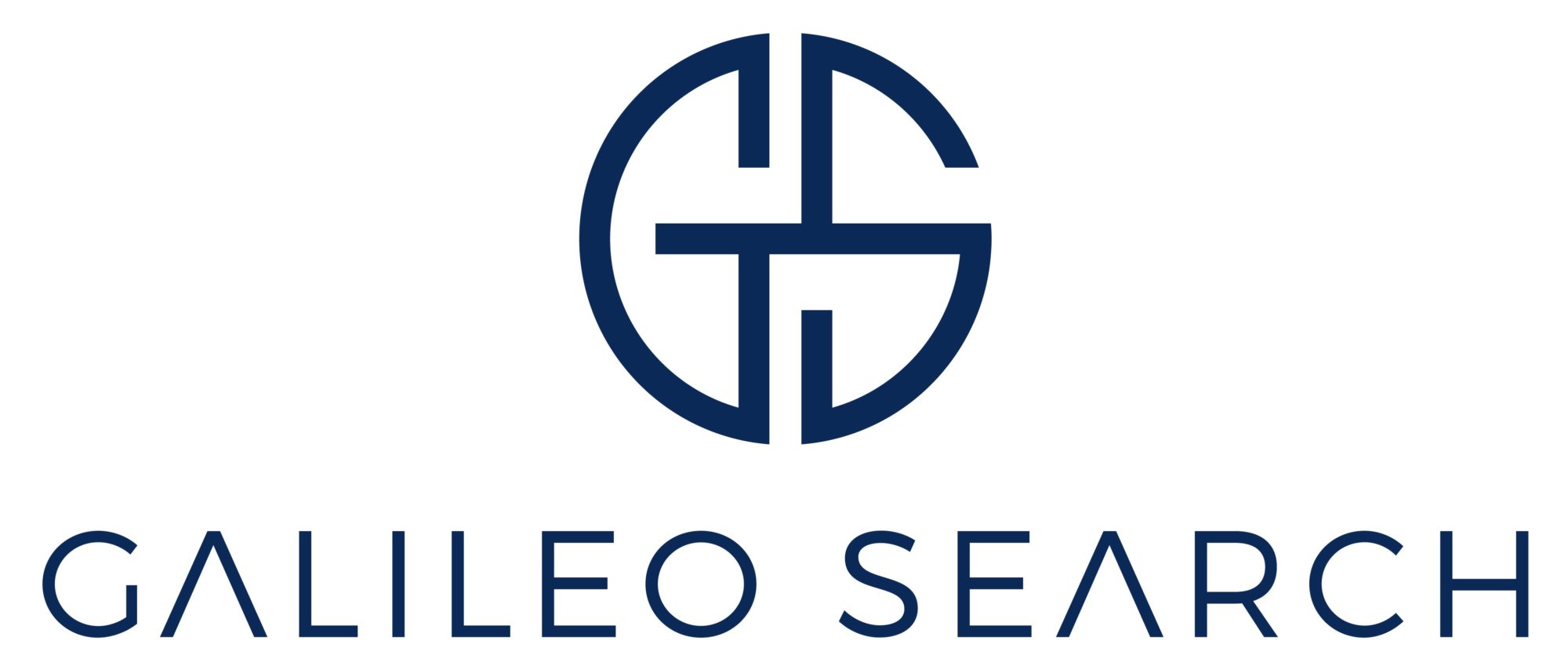The Galileo Compass: Navigating the World of Healthcare Staffing and Recruitment

The Promise and Peril of AI Technology in Healthcare: Navigating 10 Critical Challenges
Artificial intelligence (AI Technology) is revolutionizing healthcare by enabling us to diagnose diseases faster, develop more effective treatments, and even predict which patients are at risk of certain conditions. However, the use of AI in healthcare also poses significant challenges that must be addressed. In this blog post, we will discuss 10 challenges that AI poses in healthcare.
- Lack of Data Standardization: One of the major challenges in AI for healthcare is the lack of standardization in data collection and analysis. This can lead to inconsistencies in data, making it difficult to train AI models and draw meaningful conclusions.
- Privacy Concerns: Another challenge of AI technology in healthcare is balancing patient privacy with data collection. Patients may be reluctant to share their medical data if they believe it will be used for commercial purposes or if they fear that their personal information may be compromised.
- Bias and Discrimination: AI systems can be biased based on the data they are trained on. If the training data is biased or incomplete, the AI system will also be biased. This can lead to discrimination against certain patient groups, such as those with rare diseases.
- Lack of Transparency: One of the biggest challenges with AI technology in healthcare is the lack of transparency in how algorithms work. It can be difficult for clinicians to understand how AI systems make decisions, which can erode trust in these systems.
- Regulatory Hurdles: AI technologies in healthcare are often regulated by multiple bodies, such as the FDA and EMA. These regulations can be slow to adapt to new technologies, making it difficult for AI companies to bring products to market.
- Integration with Existing Systems: Integrating AI technologies with existing healthcare systems can be challenging. There are often compatibility issues between different systems, which can limit the effectiveness of AI technologies.
- Ethical Concerns: There are also ethical concerns related to the use of AI technology in healthcare. For example, should an AI system be allowed to make decisions about patient care, or should these decisions be left to human clinicians?
- Limited Understanding of AI Technology: Many healthcare professionals do not fully understand how AI works or how it can be used in healthcare. This can limit their ability to effectively use these technologies and may lead to skepticism or resistance.
- Technical Challenges: Developing AI systems for healthcare can be technically challenging. These systems require large amounts of computing power and specialized software, which can be expensive and difficult to implement.
- Financial Constraints: Finally, there are financial constraints associated with the use of AI technology in healthcare. These technologies can be expensive to develop and implement, and many healthcare providers may not have the resources to invest in them.
In conclusion, while AI technologies have enormous potential to improve healthcare, they also pose significant challenges that must be addressed. These challenges include data standardization, privacy concerns, bias and discrimination, lack of transparency, regulatory hurdles, integration with existing systems, ethical concerns, limited understanding of AI, technical challenges, and financial constraints. Addressing these challenges will be critical to realizing the full potential of AI in healthcare.
Additional Article: The AI Healthcare Revolution: 10 Ways Artificial Intelligence is Empowering Patients and Doctors Alike – Uncharted Territory – https://galileosearch.com/revolution-in-healthcare-artificial-intelligence/
Artificial Intelligence in Healthcare
- https://www.nytimes.com/2023/06/26/technology/ai-health-care-documentation.html
- https://www.who.int/news/item/16-05-2023-who-calls-for-safe-and-ethical-ai-for-health
- https://www.pewresearch.org/science/2023/02/22/60-of-americans-would-be-uncomfortable-with-provider-relying-on-ai-in-their-own-health-care/
